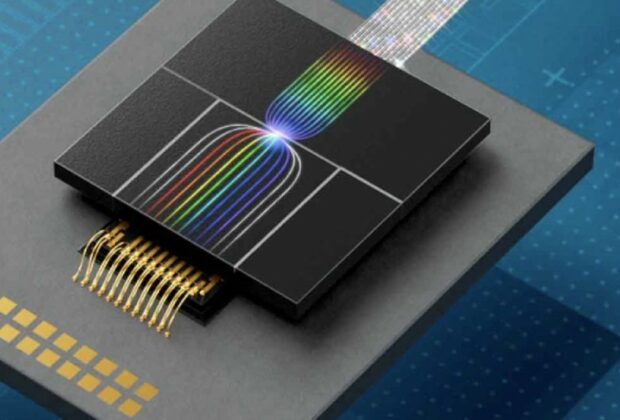The Silicon Valley semiconductor firm Ayar Labs reported on Wednesday that it has raised an additional $25 million following the closure of its most recent investment round, citing a surge in demand for faster, more energy-efficient computing for artificial intelligence applications.
The investment will also be used to expedite the commercialization of silicon photonics technology developed by Ayar Labs, which transfers data between chips or servers using light rather than electricity.
According to Ayar Labs CEO Charles Wuischpard in an interview, the investment round, which ended in April of this year, brings in new investors like Capital TEN and VentureTech Alliance, both of which have strong ties to Taiwan.
Two of the existing sponsors that raised their funding were the Silicon Valley computing powerhouse Nvidia Corp. and the venture capital firm Tyche Partners. Intel Corp. and GlobalFoundries Inc. are additional key investors.
Referring to the chatbot developed by OpenAI and launched in November 2022 with support from Microsoft Corp., Wuischpard stated, “I think things like ChatGPT have just accelerated this trend” of investing in photonics technology.
“Investments in AI infrastructure are accelerating and growing like crazy with the introduction of generative AI models and redefining data center architectures.”
The business said that since raising $130 million last year, its market valuation had grown, although it did not provide further details.
According to Wuischpard, Ayar Labs’ technology is almost ready to be deployed in data centers to reduce information transmission bottlenecks through electrical means.
Fiber-optic cables, particularly underwater cables, have been used for decades to transport data by light; nevertheless, the electronics that generate or control light have proven more difficult to downsize than transistors.
A crucial component of the system, according to Wuischpard, is a tiny chip that converts data between electrons and photons. According to him, GlobalFoundries, a company situated in Malta, New York, manufactures such chips domestically and has been instrumental in much of the advancement in silicon photonics.








